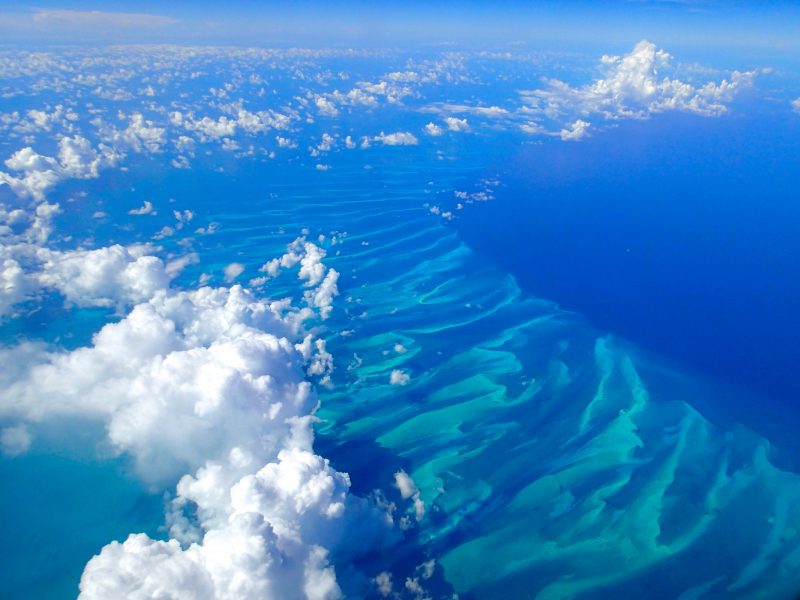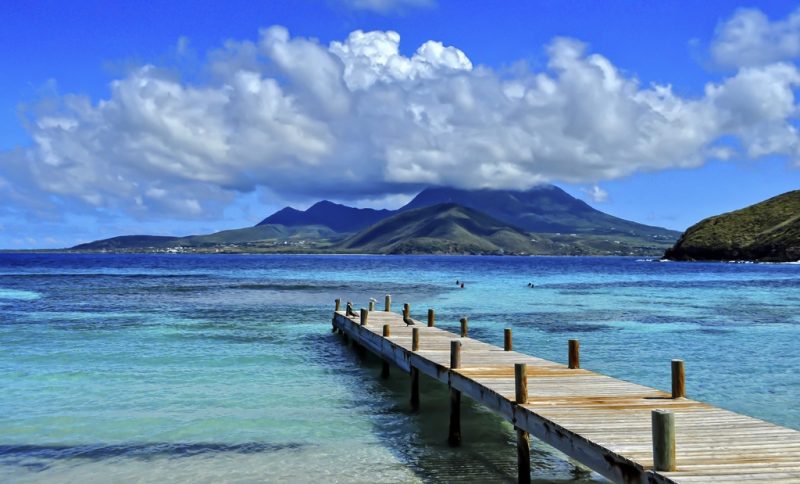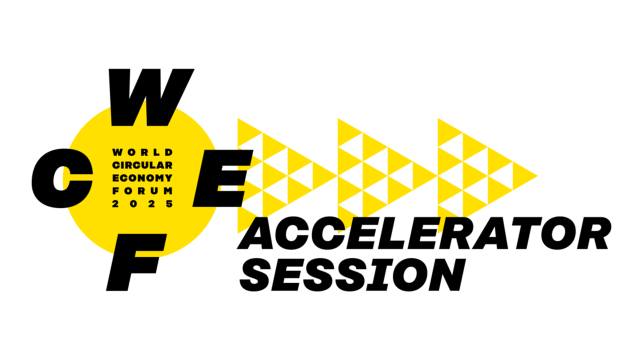Blue economy or ‘bluewashing’ Caribbean coastal development?

If ‘greenwashing’ is the practice of making unsubstantiated or misleading claims about the environmental benefits of an action, then perhaps we need a new term - ‘bluewashing’ - to cover coastal and marine development initiatives which fail to deliver on their environmental and social promises. Nicole Leotaud asks, how can we ensure that the Caribbean is not falling into the ‘bluewashing’ trap?
The blue economy concept has its origins in the green economy concept but promotes coastal and marine resources as providing key economic opportunities. In his presentation at a recent webinar, David Robin, Ocean Governance & Fisheries Coordinator at the Organisation of Eastern Caribbean States (OECS) Commission, laid out the policy context for blue economy approaches in the OECS as expressed in the Eastern Caribbean Regional Ocean Policy. This notes a vision of “Healthy and richly biodiverse oceans, sustainably managed in an integrated way to promote economic development and the livelihoods and aspirations of current and future generations.”
This vision is in line with the key principles and vision for a green economy agreed by Caribbean stakeholders out of a regional dialogue facilitated by CANARI in 2011. They felt that a new model of economic development in the Caribbean is needed which “aims for long-term prosperity through equitable distribution of economic benefits and effective management of ecological resources; it is economically viable and resilient, self-directed, self-reliant, and pro-poor” (see CANARI Policy Brief 13). This is congruent with emerging global consensus on an inclusive green economy where economic development must be environmentally sustainable and fair, generating benefits for all.
“ Grenada and the rest of the Eastern Caribbean are in dire need of new and innovative approaches to stimulate economic development. But this must be done in a sustainable way that protects natural capital and spreads benefits across the population.”
The blue economy approach is being promoted by global agencies such as the World Bank, which in 2016 published a report “Toward a Blue Economy: A Promise for Sustainable Growth in the Caribbean” and in early 2017 launched the Caribbean Regional Oceanscape Project (CROP). CROP will support Grenada, Saint Kitts and Nevis, Saint Lucia, Saint Vincent and the Grenadines and Dominica to transition towards a ‘blue economy’ model, where sustainable ocean-based industries help to deliver jobs, reduce poverty and ensure shared prosperity across the region.
Grenada’s Blue Growth Coastal Master Plan is presented as a case study in the 2016 World Bank report. Grenada’s ocean space is 75 times larger than its land area and the Plan’s vision is “to optimize the coastal, marine, and ocean resources to become a world leader and international prototype for blue growth and sustainability”.
The Plan lays out key principles and goals including around environmental sustainability, sustainable livelihoods and good governance. It also notes the importance of reducing Grenada’s vulnerability to climate change and natural disasters and the importance of adaptation. Strategic projects are proposed around Grenada’s coastline for investment, ranging from: marinas, resorts, a casino, a hotel; tourism and ecotourism centres; sports, fishing and cultural villages; institutes and convention centres; and an industrial park.

However, many questions have been raised as to whether the population of Grenada has been effectively engaged in the process of developing such an ambitious plan. This will fundamentally transform the coastline of Grenada, where much of the current development lies and the population resides and works. How will the proposed physical developments protect valuable coastal and marine ecosystems, which currently provide the basis for key economic sectors and livelihoods related to tourism and small scale fisheries and serve as key natural infrastructure that reduces vulnerability to climate change and natural disasters? How will risks that upscale developments may exclude and further marginalise the poor and vulnerable be examined and mitigated? Given the recent tragedies caused by hurricanes Irma and Maria in so many of our Caribbean islands, are investments in these types of physical developments in vulnerable coastal areas wise? What might be alternatives?
Grenada and the rest of the Eastern Caribbean are in dire need of new and innovative approaches to stimulate economic development. But this must be done in a sustainable way that protects natural capital and spreads benefits across the population. We must not get caught up in ‘blue economy’ packaging but instead must look at the underlying principles.
Personally, I’m tired of labels that confuse and mask the development principles we are seeking. An ‘aqua economy’ was the attractive compromise suggested by David Robin as a nice blend of blue economy and green economy to better reflect Caribbean-style economic development. But how can we ensure that ‘aqua’, or whatever colour we choose, crystallises a vision of economic development that is environmentally sustainable, inclusive, builds resilience and is grounded in good governance by and for Caribbean people?
Nicole Leotaud, CANARI
Image credit: "Bahamas Blues" (CC BY-NC 2.0) by SBPR; "Hovering" (CC BY 2.0) by Arman T Photography


